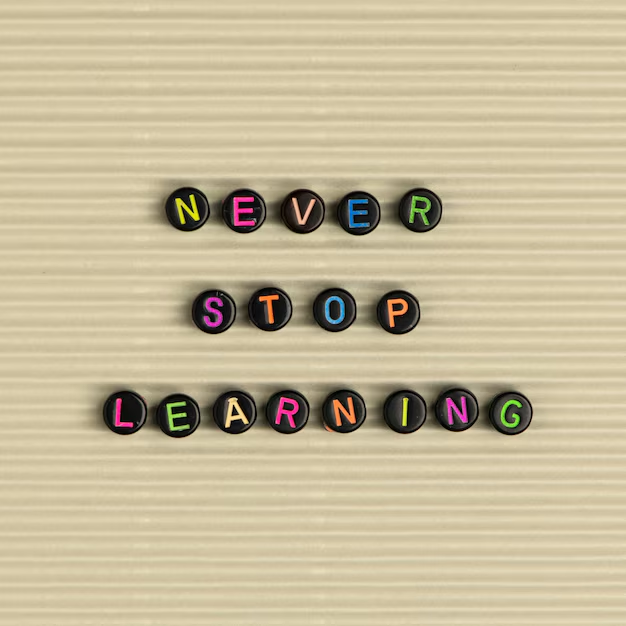Why Build a Blog
Have you ever thought about starting a blog but felt unsure about where to begin? You’re not alone. Blogging has become an increasingly popular way to share ideas, build a personal brand, and even earn a living. But how exactly does one start, and can you actually make money from blogging? The answer is yes! This step-by-step guide will walk you through everything you need to know to set up a blog and monetize it successfully.
To learn more about launching a blog, check out our full guide on How to Launch a Blog at P4ProBlogger.
The Benefits of Blogging: Start Now with Exclusive Offers
Step 1: Choose Your Blogging Niche
What is a niche?
A niche is a specialized segment of the market that focuses on a specific audience. It defines the primary topic or focus of your blog.
Why Choosing the Right Niche is Critical
Your blog’s success largely depends on the niche you choose. You want to select a niche that not only interests you but also has the potential to attract an audience and generate income.
Tips for Finding a Profitable Niche
- Consider your interests and expertise.
- Research audience demand and competition.
- Ensure your niche has income potential, whether through products, ads, or affiliate marketing
The Ultimate Blogging Guide: Start Your Blog from Scratch
Step 2: Select a Blogging Platform
Free vs. Paid Platforms
There are many blogging platforms to choose from, generally categorized into free or paid options. Free platforms, such as Blogger or WordPress.com, are easy to set up but limit customization and monetization options.
Overview of Popular Blogging Platforms
Popular platforms include:
- WordPress (self-hosted)
- Blogger
- Wix
- Squarespace
Why WordPress is the Best Option
WordPress (self-hosted) is widely considered the best option for serious bloggers due to its flexibility, customization options, and scalability as your blog grows.

Step 3: Choose a Domain Name and Hosting
What is a domain name?
A domain name is your blog’s unique address on the internet (e.g., www.yourblog.com). It’s how people find your blog through search engines like Google.
How to Choose a Memorable Domain Name
- Keep it short and easy to remember.
- Ensure it’s relevant to your niche.
- Avoid numbers or hyphens.
Best Hosting Services for New Bloggers
Selecting the right hosting service is crucial to your blog’s success. For reliable and affordable hosting, I recommend using Hostinger, which offers excellent services for new bloggers.
Step 4: Set Up Your Blog
Installing WordPress (or Other Platforms)
After choosing your domain and hosting, the next step is to install your blogging platform, such as WordPress. Most hosting providers offer easy one-click installations.
Picking the Right Theme
Your blog’s theme determines both its appearance and functionality. Choose a theme that is visually appealing and easy to navigate.
Customizing Your Blog for User Experience
Ensure your blog is user-friendly. Optimize the layout, improve loading times, and use clear navigation menus to keep readers engaged.
Step 5: Create High-Quality Content
Importance of Quality Content
Content is the heart of your blog. High-quality, valuable content will attract readers and keep them coming back for more.
How to Write SEO-Optimized Blog Posts
- Use relevant keywords naturally in your posts.
- Write clear, concise, and engaging headlines.
- Include images, videos, and internal links to enhance the reader’s experience and keep them on your site longer.
Content Ideas for Beginners
- How-to guides
- Product reviews
- Personal experiences related to your niche
- Expert interviews
For additional insights, read our article on The Benefits of Blogging at P4ProBlogger.
Step 6: Build and Optimize Your Blog for SEO
What is SEO?
SEO (Search Engine Optimization) involves optimizing your blog to rank higher in search engine results, which can drive more traffic to your site.
Basic SEO Practices for Bloggers
- Use SEO-friendly URLs.
- Add meta descriptions and alt text for images.
- Ensure your blog is mobile-friendly.
Using Keywords Effectively
Research and use keywords that your target audience is searching for. Tools like Google Keyword Planner or Ubersuggest can assist in this process.
Step 7: Promote Your Blog
Importance of Blog Promotion
Creating great content is just the beginning. Promoting your blog is essential to attracting readers and building an audience.
Social Media Marketing for Bloggers
Promote your blog posts on social media platforms such as Facebook, Instagram, Twitter, and Pinterest to reach a wider audience.
Email Marketing to Grow Your Audience
Building an email list allows you to send updates, exclusive content, and promotional offers to your subscribers. Email marketing is one of the most effective ways to foster engagement and keep readers coming back.

Step 8: Monetize Your Blog
Different Ways to Make Money Blogging
Bloggers can generate income in various ways, including:
- Affiliate marketing
- Sponsored posts
- Displaying ads
- Selling digital or physical products
Affiliate Marketing
Affiliate marketing involves promoting products or services and earning a commission for each sale made through your referral links.
Display Ads and Sponsored Posts
Displaying ads (e.g., Google AdSense) and writing sponsored content for brands are common ways to monetize a blog.
Selling Products or Services
Create and sell your own digital products like eBooks, online courses, or physical items like branded merchandise.
Step 9: Track Your Blog’s Performance
Understanding Google Analytics
Google Analytics is a free tool that helps you track visitor behavior on your blog, such as how they find your site and which content they engage with.
Key Metrics Every Blogger Should Track
- Page views
- Bounce rate
- Conversion rates
- Time spent on site
How to Adjust Your Strategy Based on Data
Use data to determine what’s working and what isn’t. Adjust your content strategy to focus on topics that resonate with your audience.
Step 10: Stay Consistent and Keep Learning
Importance of Consistency in Blogging
Consistency is key to building a successful blog. Create a content schedule and stick to it, whether that’s posting once a week or once a month.

Continuous Learning and Improvement
Blogging is an ever-evolving industry. Stay updated on new trends, SEO practices, and content marketing strategies to keep your blog growing.
Staying Updated with Blogging Trends
Follow influential bloggers, read industry news, and take online courses to continuously improve your skills.
Conclusion
Starting a blog might seem overwhelming, but by following these steps, you can transform your passion into a profitable venture. Whether you’re blogging as a hobby or aiming to make it a full-time career, consistency and effort will pay off. Choose a niche you love, produce high-quality content, and never stop learning and improving.
For more valuable blogging tips and strategies, check out P4ProBlogger.
FAQs
- How long does it take to make money from a blog?
It typically takes 6 to 12 months of consistent effort to start seeing a significant income from blogging. - How many blog posts do I need to start making money?
While there’s no set number, it’s advisable to have at least 20 to 30 high-quality posts before you begin to see substantial traffic and income. - Can I start a blog with no technical experience?
Yes, many platforms (such as WordPress) are user-friendly and require no prior technical knowledge. - How much does it cost to start a blog?
The cost can range from $50 to $300 per year, depending on your domain name, hosting service, and premium tools or themes. - Is blogging still profitable in 2024?
Yes, blogging remains a profitable avenue, especially with effective SEO strategies, consistent content creation, and multiple monetization methods.




